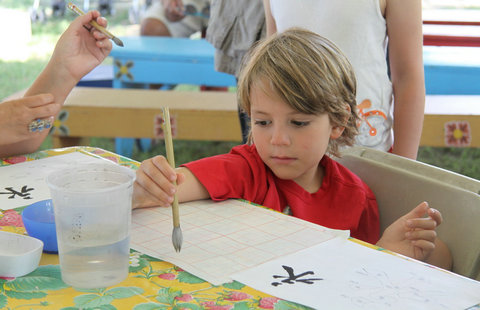From antiquity to creativity
By Erik Nilsson ( China Daily ) Updated: 2015-12-28 08:37:01
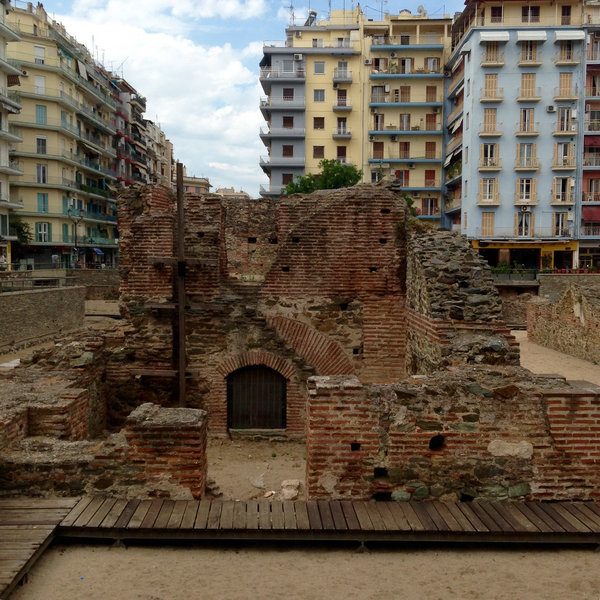 |
|
Navarino Square shows Thessaloniki's layering of the ancient and the hip. Vogue boutiques frame the ruins of Galerius' palace.[Photo by Erik Nilsson/ China Daily] |
The ancient port transported rice, corn and potatoes for Egyptian spices, Chinese silk and French scented oils.
Historical trade with China has created a funny linguistic turn: Greeks have their own version of "It's all Greek to me". Just they replace their demonym with Chinese.
In other words, the Greeks say: "It's all Chinese to me."
The city is now hoping to become a port of call for Chinese.
Searches on Baidu, China's answer to Google, about Greek travel top out at up to 21,000 a day for Santorini, 2,500 for Athens and 1,000 for Crete, municipal tourism officials say.
Thessaloniki averages zero.
The 72-year-old mayor, Yiannis Boutaris, a wine magnate and recovering alcoholic who sports several tattoos (including a lizard crawling up his wrist), earrings and jangles of bracelets-and who, more importantly, leans toward more revolutionary thinking than most youth-tells China Daily he hopes to create a Chinatown for Thessaloniki's roughly 3,000 Chinese residents.
Most arrived about 20 years ago and their families run about 100 wholesale stores.
Perhaps surprisingly, the main lure for Chinese currently seems to be retracing the steps of Jesus' disciple Peter, marking his first foothold in the region that resulted in two books of the New Testament.
It seems that while biblical history may currently appeal to most Chinese visitors, contemporary creativity may create a new charm.
|
|
|
|
|
|
|
|
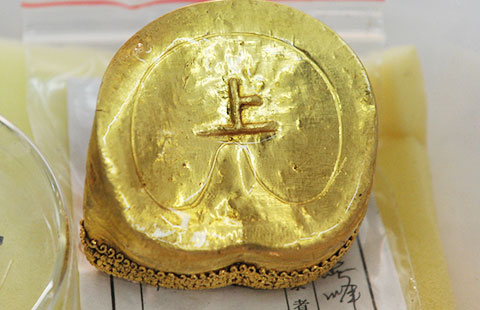



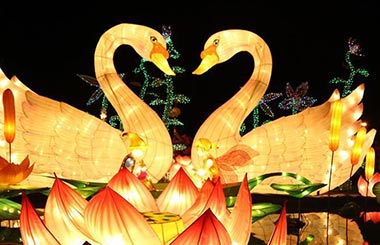
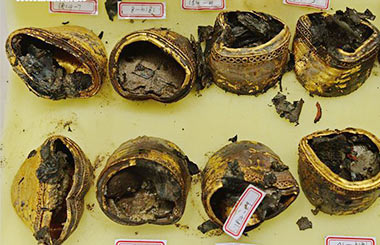
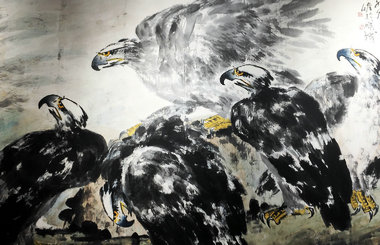


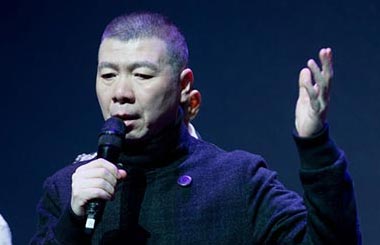
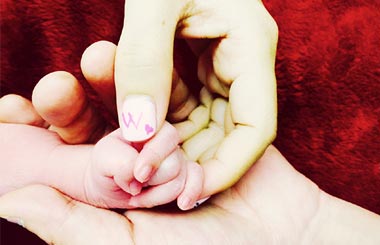



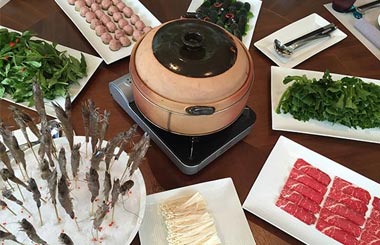
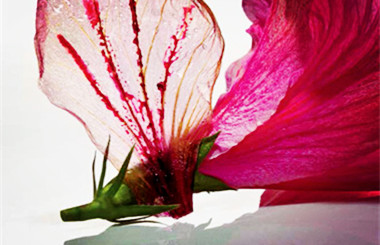
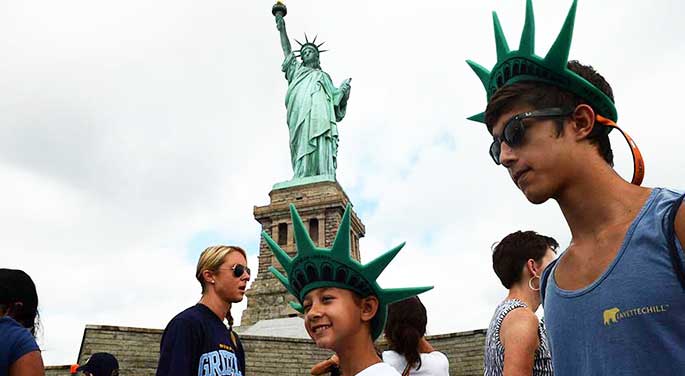






 Raymond Zhou:
Raymond Zhou: Pauline D Loh:
Pauline D Loh: Hot Pot
Hot Pot Eco China
Eco China China Dream
China Dream China Face
China Face





